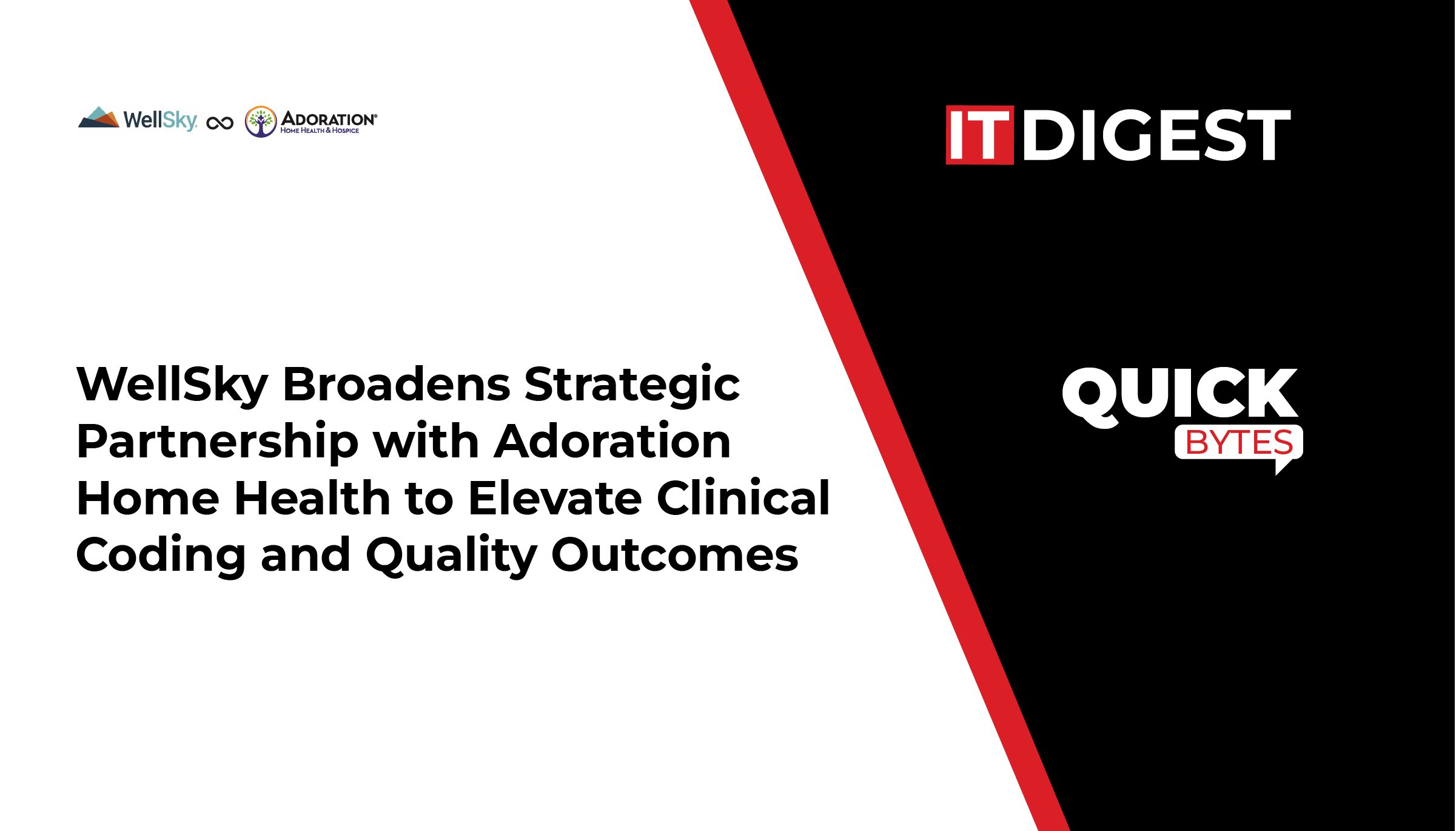Abbott announced late-breaking results from the AVEIR™ dual-chamber (DR) i2i™ Investigational Device Exemption (IDE) study, a large-scale study to assess the world’s first dual-chamber leadless pacemaker, showing that the leadless pacemaker met its three prespecified primary endpoints for safety and performance. The data further suggests that AVEIR DR could offer new benefits for people with slower-than-normal heart rhythms.
The results are being presented during a late-breaking clinical trial session at the Heart Rhythm Society’s (HRS) 44th annual meeting in New Orleans, (May 19-21, 2023), and simultaneously published inv The data has been provided to the U.S. Food and Drug Administration (FDA) as part of Abbott’s submission for approval of the AVEIR DR device.
Also Read: StreamSets Optimizes Cloud Costs Through Support for Amazon EMR Serverless
People who experience a slower-than-normal heart rate have traditionally received a pacemaker, which is a small battery-powered device implanted underneath the skin in the chest. The device delivers electrical impulses directly to the heart muscle via thin insulated wires, known as cardiac leads, to restore a normal heart rhythm. Unlike traditional pacemakers, leadless pacemakers are implanted directly into the heart through a minimally invasive, catheter-based procedure. This eliminates the need for cardiac leads and a pulse generator under the skin.
While many people require pacing and sensing in both the right atrium and the right ventricle, currently available leadless pacing options have been limited to single-chamber ventricular devices because seamless, wireless synchronization of two leadless pacemakers has been a significant technological challenge.
“The vast majority of people needing a pacemaker require a dual-chamber pacemaker and would greatly benefit from a leadless device – but we’ve simply never had that option due to engineering challenges,” said Reinoud E. Knops, M.D., Ph.D., professor of medicine, Amsterdam University Medical Center, Netherlands, and co-principal investigator of the AVEIR DR i2i IDE study. “Data from the AVEIR DR i2i study show that Abbott has designed a groundbreaking technology for seamless communication between two leadless pacemakers, and that AVEIR DR can deliver appropriate therapy safely, opening up a future treatment option for more people with abnormal heart rhythms.”
SOURCE: PR Newswire

































